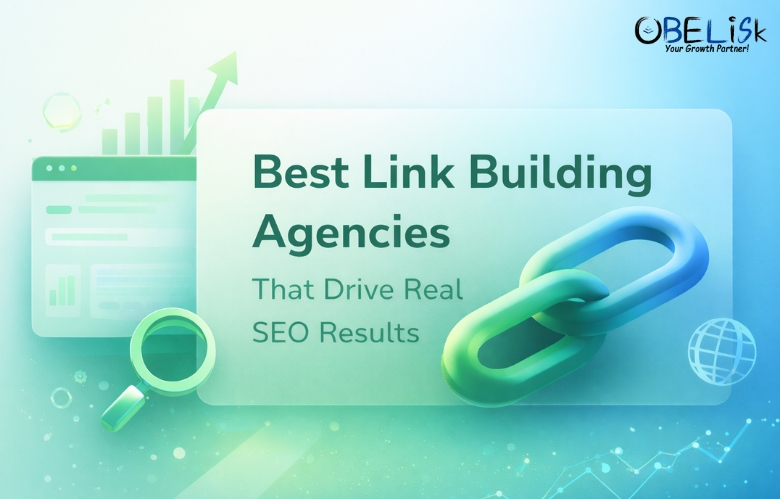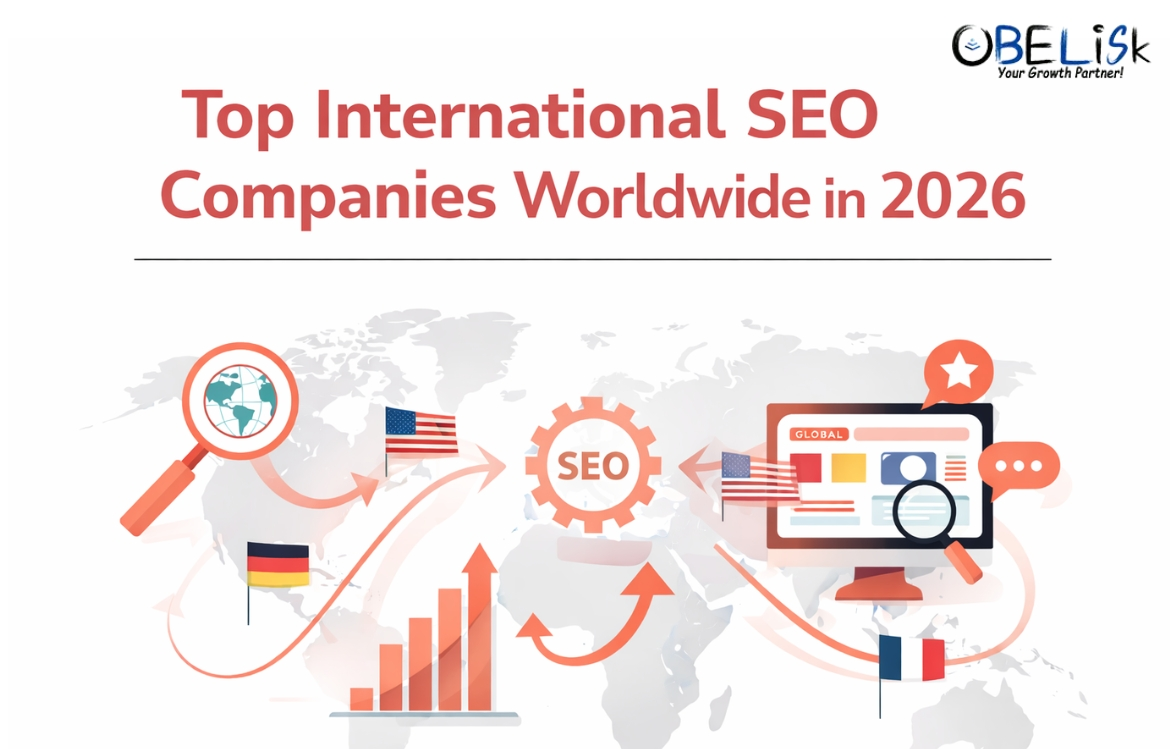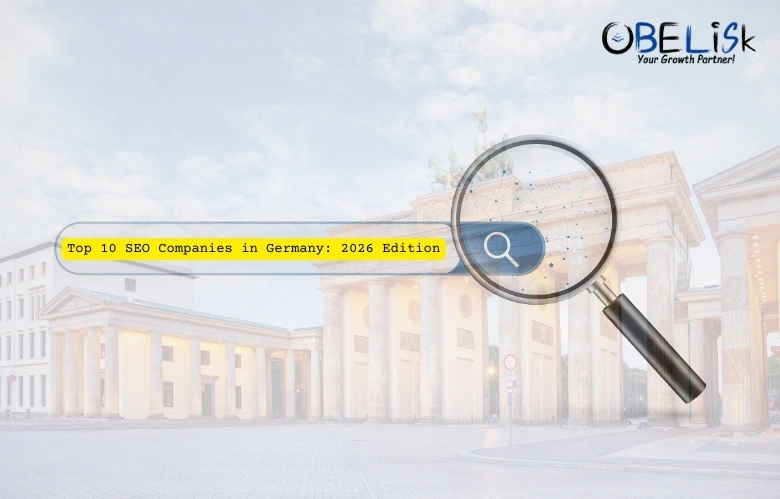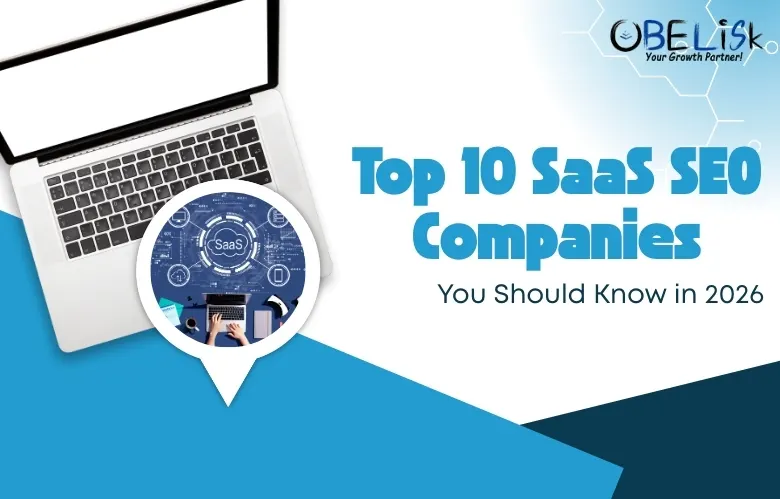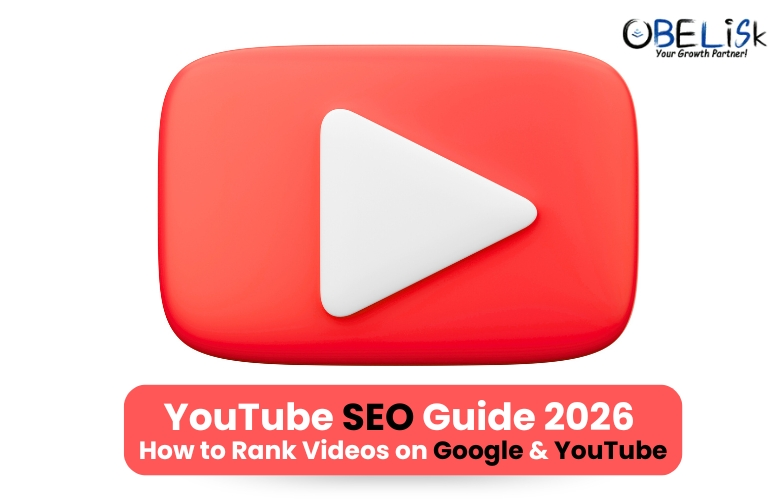Hreflang tags have become essential for websites aiming at multilingual and worldwide audiences in the always-changing terrain of search engine optimization (SEO). Knowing the consequences of the hreflang application becomes crucial as companies try to target different user bases. Still, the key issue is whether improper hreflang tags affect SEO.
This blog will look at Google’s insights to help if you are suffering from your hreflang approach. So, let’s get started!
Understanding Hreflang Tags
HTML elements known as hreflang tags let search engines know a webpage’s language and geographic targeting. If you have a site in English for the United States and another in Spanish, for instance, hreflang tags tell Google which page to display based on the language and area of the visitor.
These parts mainly ensure that users are routed to the version of the page best suitable for their language and location and help to avoid duplicate content issues.
Delivering a seamless user experience and raising the relevancy of your sites in many marketplaces depend on proper hreflang implementation.
The Risks of Improper Hreflang Application
Although hreflang tags are effective, poor use could cause various SEO problems:
Duplicate content Problems: Should hreflang tags be improperly set, Google may see many page versions as duplicate content, therefore undermining your SEO efforts.
Indexing Problems: Faulty hreflang annotations might cause certain sites to not be indexed, therefore reducing their availability in search results.
Confusion in Search Engines: Inconsistent or faulty hreflang tags might mislead Google on which version to show, therefore causing irrelevant traffic and reduced user interaction.
Crawling Inefficiencies: Bad hreflang configurations might cause crawl mistakes, therefore squandering the crawl budget and affecting the general site performance.
Google’s Views on Hreflang Errors
Google’s official contents state that hreflang tags should be used precisely. Google notes that whereas little hreflang typos may not create major problems, major ones could compromise the SEO of your site. The search behemoth stresses the need for precision and consistency in hreflang implementation to maintain the best search exposure.
Typical Hreflang Mistakes to Avoid
Mixed Language and Region Codes – Using wrong ISO 3166-1 Alpha 2 region codes or ISO 639-1 language codes causes mistargeting. Check these codes always twice to guarantee correctness. Get expert help on hreflang implementation.
Missing Self-Referencing Tags: Every version of a page should reference itself in the hreflang annotations. Missing self-referencing tags Ignoring self-references could lead one to doubt the main interpretation of the content.
Incorrect URL Formatting: Hreflang tags should utilize the actual URL of the destination page, including the appropriate protocol ( HTTP vs. HTTPS) and, if relevant, subdomains.
Non-Reciprocal Annotations: Hreflang relationships should be bidirectional non-reciprocal. Should Page A mention Page B, Page B should likewise reference Page A. Ignoring this two-way connection may throw off the hreflang system.
Ignoring Default Language Tags: Using x-default as a default version will help users who do not fit any particular language or location navigate, therefore enhancing the general user experience.
Furthermore, improper hreflang application could break up your backlink profile. Backlinks referring to various language variants may not convey equity properly, therefore reducing the general domain authority and influencing ranks all around.
Multilingual SEO and Hreflang’s Future
The value of multilingual SEO and precise hreflang applications is expected to increase as world internet use keeps rising. Google’s continuous improvements in knowledge of user intent and context will highlight even more the importance of exact hreflang setups. Maintaining competitiveness in global marketplaces will depend on keeping current with upgrades and always improving your hreflang approach. Stay updated with global SEO trends for a competitive edge.
At last
Websites aimed at a worldwide audience depend on hreflang tags absolutely. Indeed, incorrect hreflang tags may damage SEO and cause indexing problems, duplicate content penalties, and poor user experience. Following best practices, doing frequent audits, and using Google’s policies can help companies make sure their hreflang approach improves rather than reduces their search .
Key Points:
Limited Direct SEO Harm: Gary Illyes of Google underlined the need of proper content language even if erroneous hreflang tags are unlikely to generate direct ranking penalties.
Language Priority: Actually the language of the content affects search relevancy more than hreflang tags.
Country & Language Handling: Google manages search relevancy by means of “language demotion, country promotion,” so content matching becomes essential.
Performance: In the search for global SEO success, accuracy in the hreflang application is not just advised—it’s absolutely necessary. Check out our SEO optimization services to improve your performance.



